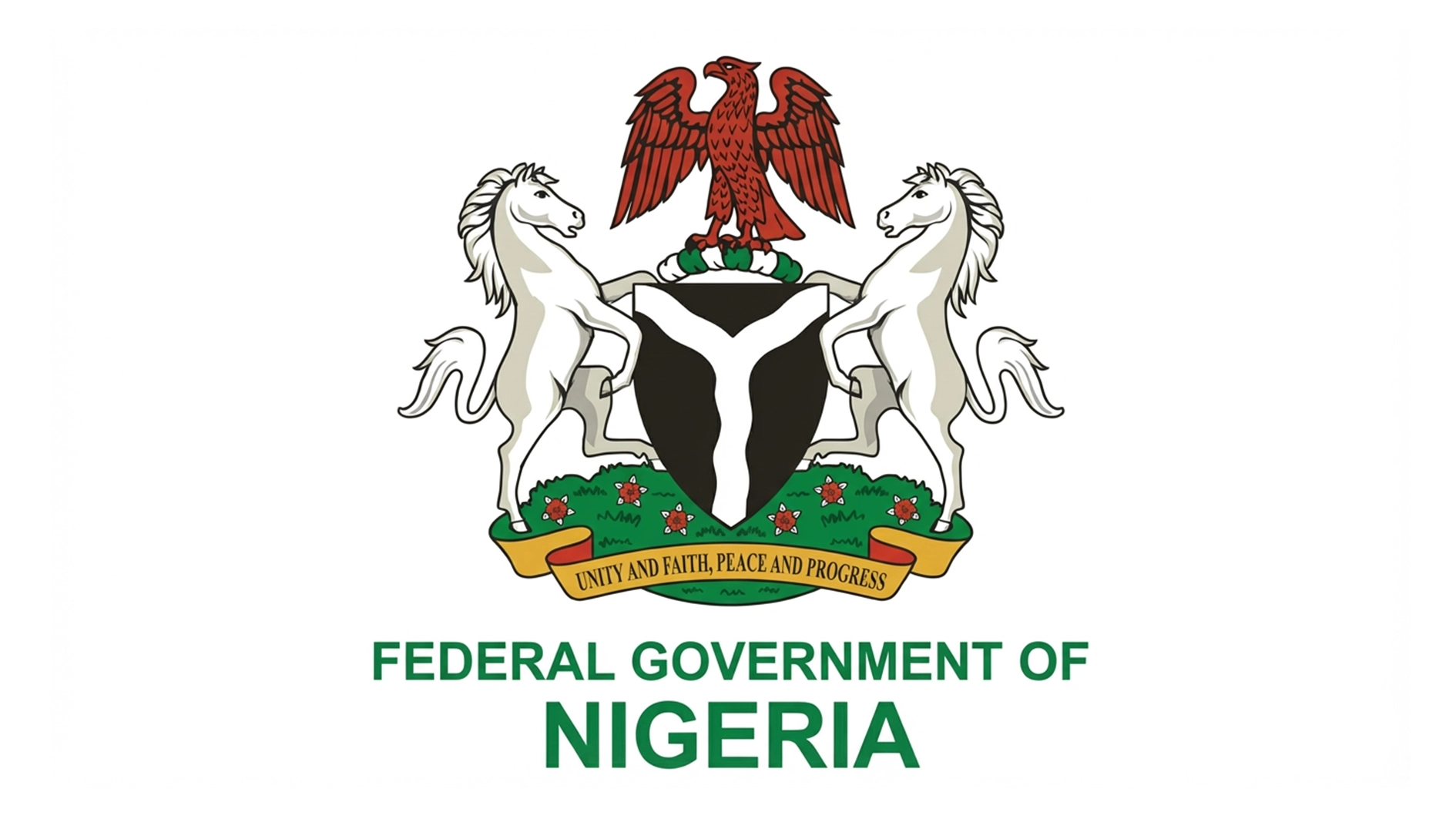Participants at the final virtual symposium roundtable of the Capital Market Academics of Nigeria (CMAN) have stressed the need for the Federal Government to strengthen its debt-management framework and enforce clearer fiscal-responsibility measures.
They argued that the effective application of the Medium-Term Debt Strategy is critical for easing refinancing pressures and improving the maturity structure of Nigeria’s public debt.
They noted that for Nigeria to strengthen its public finance framework, the government must rebalance the debt mix in favour of more stable and lower-cost borrowing options that minimise exposure to exchange-rate shocks.
Speaking on the theme: ‘Nigeria’s Rising Debt Profile and Sustainability Imperatives’, the experts warned that the continued use of Ways and Means financing and other unsustainable fiscal practices could weaken the economy and derail future development plans.
Beyond debt management, the symposium drew attention to the structural reforms required to improve Nigeria’s investment climate.
The experts pointed out that there is a need for the government to modernise institutions, lower business costs, and remove long-standing bottlenecks such as subsidy distortions, oil-production inefficiencies, and crude-theft challenges to bolster the economy. They also highlighted the importance of expanding Public Private Partnerships as complementary infrastructure-financing channels, supported by clearer regulations, fairer risk-allocation frameworks, and innovative instruments such as Sukuk, Green Bonds, and infrastructure credit guarantees.
A professor of finance at the University of Lagos and chairman of the occasion, Prof. Wilfred Iyiegbunwe, used his opening remarks to underscore the exceptional intellectual strength within CMAN.
He noted that the association’s depth of expertise rivals, and in some cases surpasses, that found in federal institutions, offering homegrown policy insights that could significantly shape national economic direction if properly utilised.
Drawing on Nigeria’s historical experience, Iyiegbunwe cautioned that the country may once again be approaching a debt challenge similar to that faced during the Obasanjo administration, which was eventually resolved under the leadership of Dr Ngozi Okonjo-Iweala.
He warned that the current fiscal landscape demands urgent dialogue and decisive action to prevent a repeat of past distress. According to him, Nigeria must focus on rebalancing domestic and external borrowing, enhancing revenue mobilisation, and directing loans strictly toward high-value infrastructure projects, supported by more transparent reporting and reduced reliance on central-bank financing.
Also speaking, the President of the Chartered Institute of Stockbrokers, Oluropo Dada, urged policymakers to adopt a cautious and consultative approach to the proposed Capital Gains Tax. He argued that, although the tax is not fundamentally objectionable, its immediate implementation could unsettle investor confidence and heighten market volatility. Dada explained that Nigeria’s ambition to attain a trillion-dollar GDP and sustain a double-digit growth trajectory depends on a stable, predictable capital market.
He warned that the abrupt implementation of the tax, without clear transition guidelines or adequate stakeholder engagement, could discourage market participation at a time when Nigeria needs stronger capital inflows. He therefore called for a postponement, describing it as a prudent measure that would allow for deeper consultation and a phased transition capable of supporting growth rather than constraining it.
Prof. Mohammed Mainoma, former Vice-Chancellor of Nasarawa State University, Keffi, highlighted the urgent need for greater clarity across sensitive areas of Nigeria’s tax framework. He pointed out that ambiguities in cultural exemptions, investment reliefs, and offshore-transfer rules continue to create uncertainty for investors, inhibit compliance, and deter long-term capital formation.
Mainoma stressed that a modern capital market must operate on principles of transparency, fairness, and consistency, adding that clearer guidelines would help prevent misinterpretation and foster uniform application. He warned that unclear treatment of offshore transfers risks pushing investors toward informal channels, undermining both revenue generation and market integrity. For the reforms to achieve their full impact, he said, they must be designed with an appreciation for how fiscal policies interact with market behaviour.
The Chairman of the Presidential Fiscal Policy and Tax Reforms Committee, Mr Taiwo Oyedele, presented an overview of the tax reforms scheduled to take effect in January 2026.
He explained that the reforms aim to modernise the tax system, reduce the burden on businesses, and create a more progressive and equitable fiscal environment.
According to him, the reform package includes the exemption of capital gains tax for retail investors, the reduction of corporate tax rates, and the elimination of the minimum tax for companies, measures designed to stimulate investment and drive economic growth. Addressing concerns about the reforms’ impact on capital-market stability, Oyedele clarified that the changes were not conceived to increase revenue but to make the market more attractive and globally competitive.
He dismissed claims that recent market volatility was caused by capital gains tax, attributing the fluctuations instead to misinformation and investor sentiment. He stressed the importance of effective communication and consistent policy interpretation to ensure that investors respond to accurate information rather than speculation.






